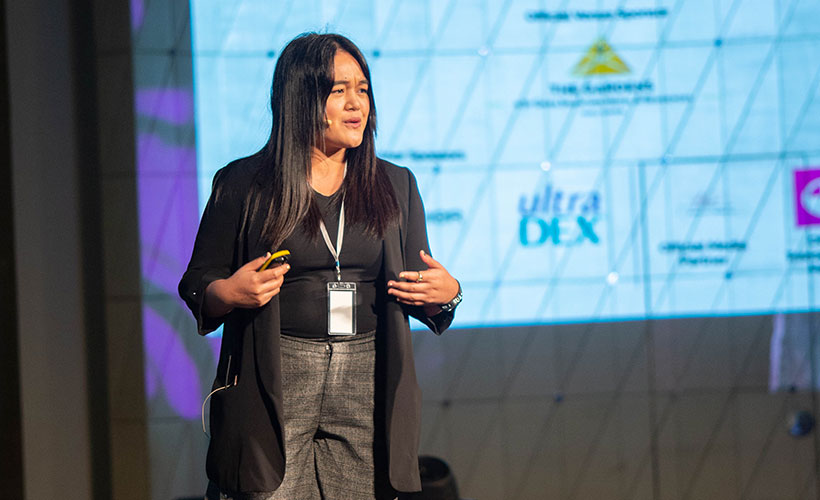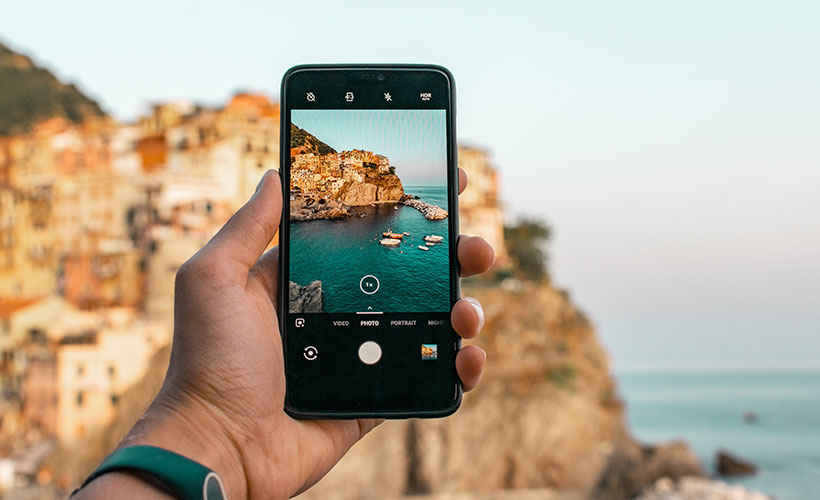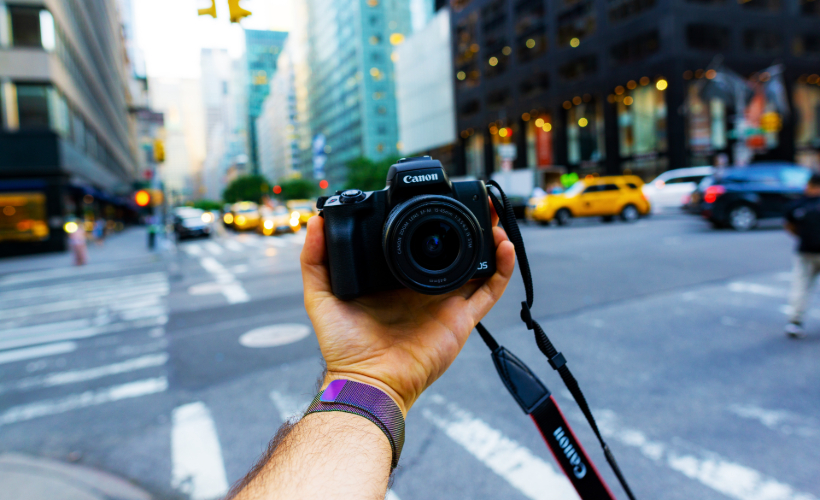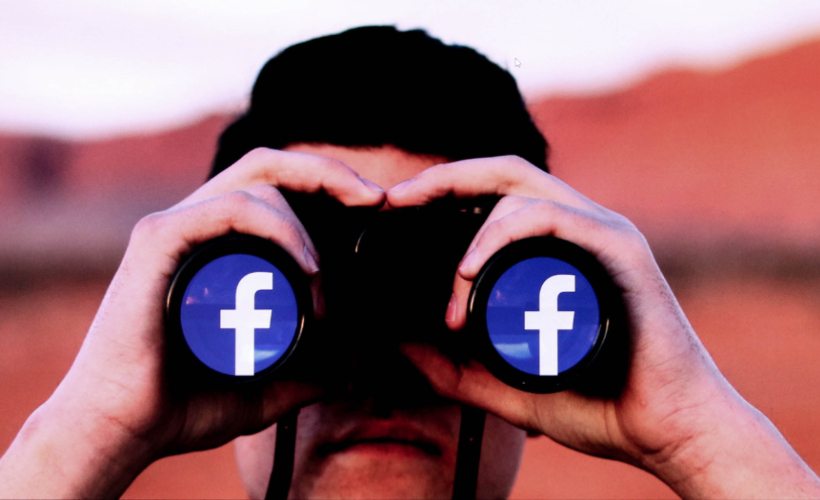
Back in 2018, I went on my dream vacation to Australia. Unfortunately, the need to constantly keep my family and friends updated about my activities on Facebook somehow ruined the very essence of travelling.
I was right there, physically present at the Great Barrier Reef, waiting for my turn at a breath-taking scuba diving experience. My trainer waved at me as I was supposed to gear up for the dive. At the time, I was plagued by Facebook validation syndrome, and kept ignoring his call and instead continued taking selfies and posting them on Facebook with a couple of fancy check-ins.
After a good one hour of taking pictures, and watching for what others have to say about my vacation on Facebook, I realised someone is waiting for me to dive and enjoy the real deal. Sadly, my addiction to updating social media took a toll. The reef was closed for the day and I didn’t get to live out one of my biggest dreams. My friends and family back at home were of the impression that I had a gala time diving deep under Aussie waters, when in actuality, I was only left with a couple of stupid selfies on my phone.
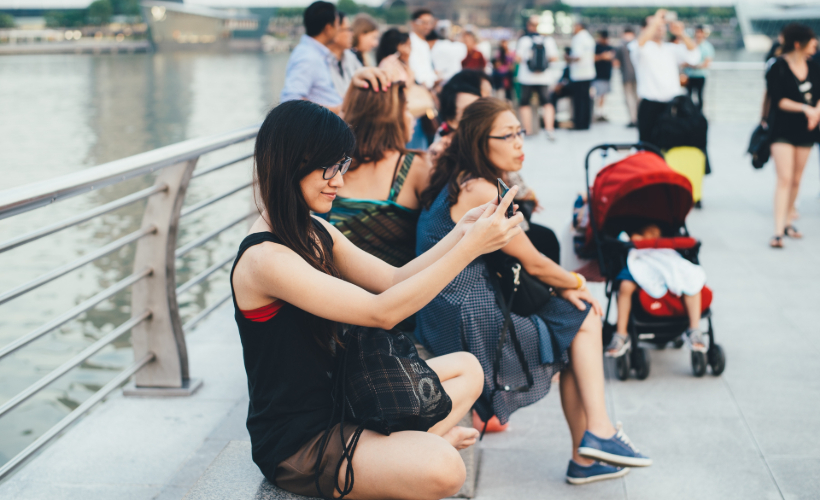
While what happened to me may be on the extreme, it does happen, so don’t let it happen to you. Here’s how the social media platform can sometimes ruin the essence of travel:
1. Social media messes with our expectations and realities
These days, timelines and newsfeeds stay filled with people planning their next vacation, going on hiking expeditions, relaxing by the poolside with a cocktail, or riding down sand dunes. Everybody on social media is going somewhere or doing something, but they don’t know much about the destination before they leave and wind up disappointed when they eventually get there.
A recent Facebook marketing strategy reveals that most users are heavily influenced by the idea of visiting a place that can be captured through their lens, only to ruin its natural atmosphere with artificial filters. Picturesque beaches in Bali or breath-taking views of Rio de Janeiro are often uploaded with layers of editing, Instagram filters, and quotes that are often out of context. So because you have a certain image ingrained in your mind, when you get there, the reality isn’t quite what you’d expect. A lot of the time you also end up with really cheesy photos — like the ones of the Eiffel Tower and the Leaning Tower of Pisa.
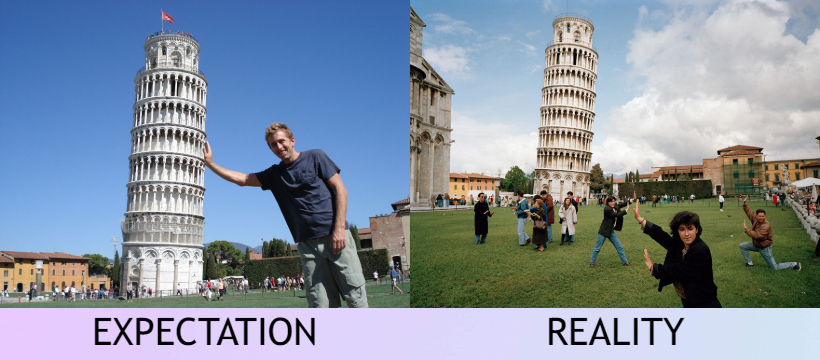
2. There are Photoshop holidays on social media
Faking a holiday when you cannot make a holiday is another disturbing ‘travel’ trend. Can you believe there are professionals offering fake travel photos to their clients? You can choose famous sceneries such as Universal Studios or the Statue of Liberty to be superimposed against. Once done, just upload the image to your Instagram or Facebook, and flaunt an expensive world tour. No one bats an eye until someone eventually figures out that the globe carrying the name “UNIVERSAL” remains in a constant revolving state, so an individual can’t capture the entire name on the globe in the backdrop.
A travel vlog is a great way to transform your already existing Instagram page:
How To Turn Your Instagram Into A Refined Travel Vlog
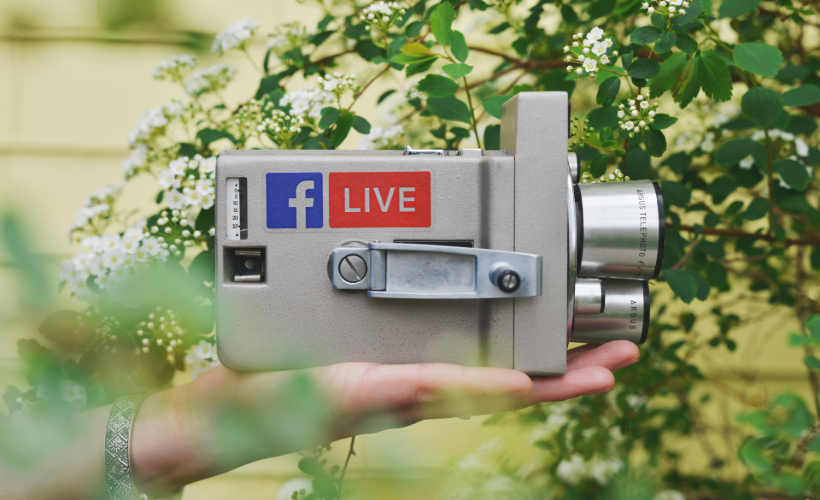
3. Distorting the real meaning of solo vacations
Solo travel essentially means exploring and discovering a new destination by yourself. Away from the cacophony and stresses of city life. However, social media addicts rarely go on solo vacations. They inadvertently bring their virtual list of followers, a clan of distant friends who will surely react to their posts, and an extreme urge to keep everyone updated with their daily activities however mundane they may be.
Who’s even interested to know every single thing you do during a solo vacation? How does a solo trip get classified as solo travel in the first place if you lose all privacy and are continuously digitally stalked by everyone?
4. Misleading travel mantras won’t take you anywhere
Over the past few years, larger than life travel quotes are being misused and misinterpreted by social media users on various occasions. A friend of mine took one of these quotes too seriously and tried taking a road less travelled into the woods of a wildlife sanctuary in South Africa. It took a group of forest rangers and a hefty fine of USD500 to rescue this wannabe Mowgli from being killed by a vicious wild boar.
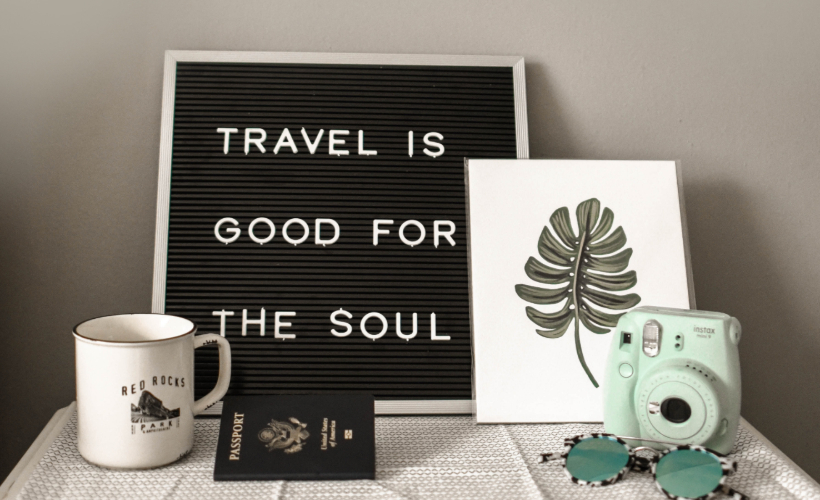
Everyone wants to believe feel-good mantras like, “A job fills your pockets, but adventures fill your soul.” But what does it even mean? Should we go on a trip and forget about bringing home a paycheque? Sadly, unless you’re a digital nomad, constant travel isn’t a reality for everyone.
5. Suddenly everybody’s a travel blogger
I look forward to the time when people on social media will finally realise the difference between sharing a travel review and blogging. Travel to more than one country and suddenly some people believe themselves experts in the field. What’s worse is that some bloggers simply paraphrase the work of others as if it were their own. It’s the same old stories in a shiny new wrapper.
Not to say that there aren’t credible travel bloggers out there. The risk is that whatever that’s shared on Facebook isn’t always vetted, and it’s good to know your sources are reliable to ensure you don’t make important travel decisions like where to stay based on false or misleading information. Just be mindful of where you source your intel from; it’s best to rely on responsible journalists for a real travel review.
Cover photo by Annie Spratt via Unsplash
